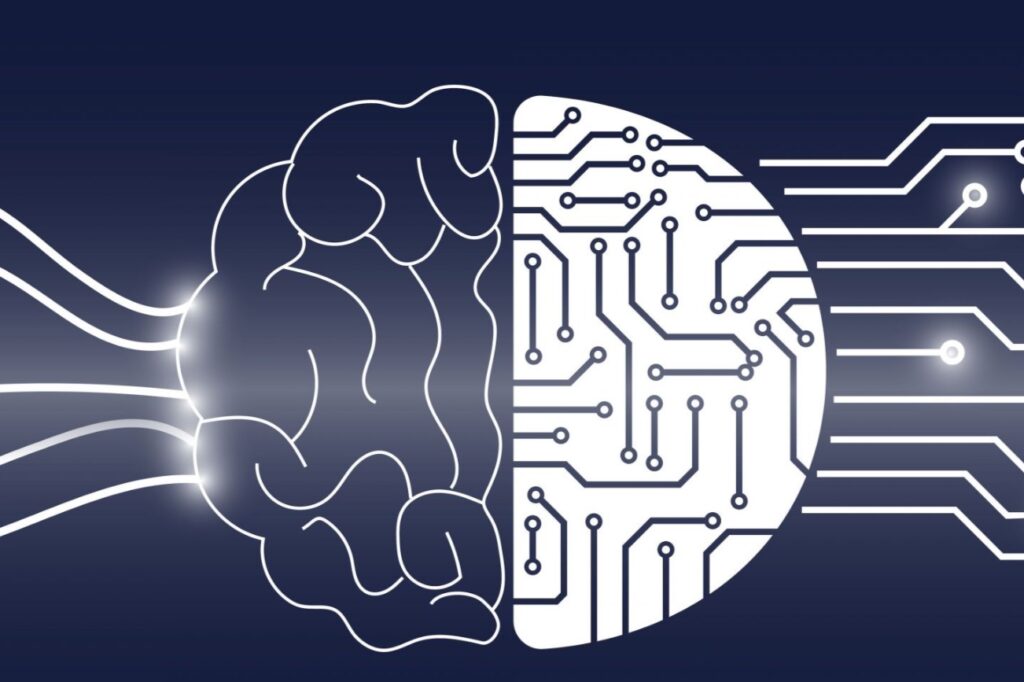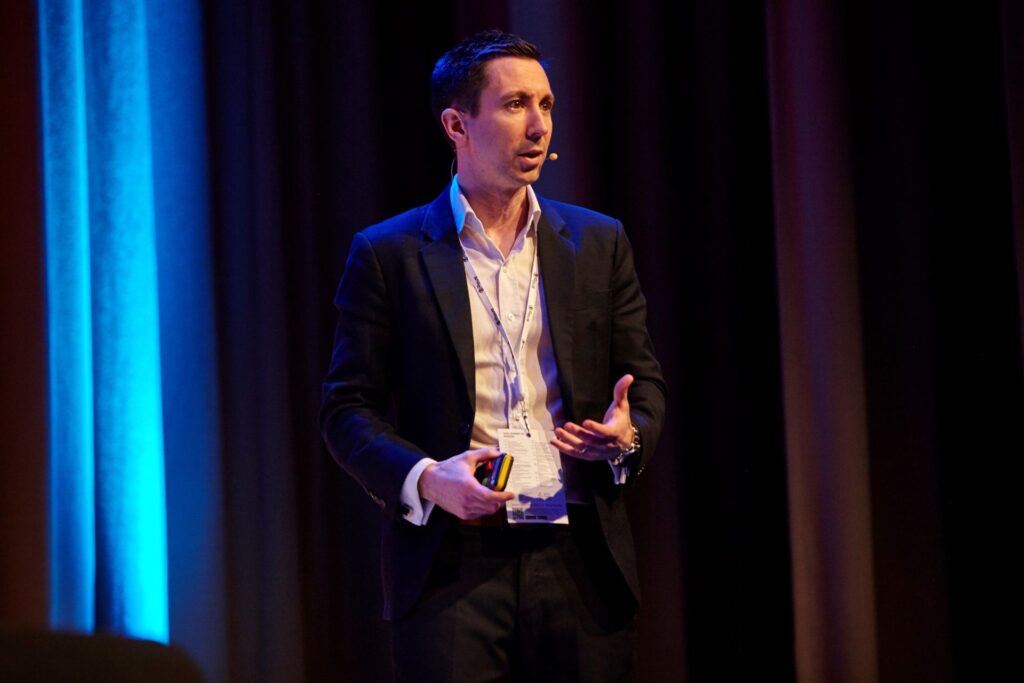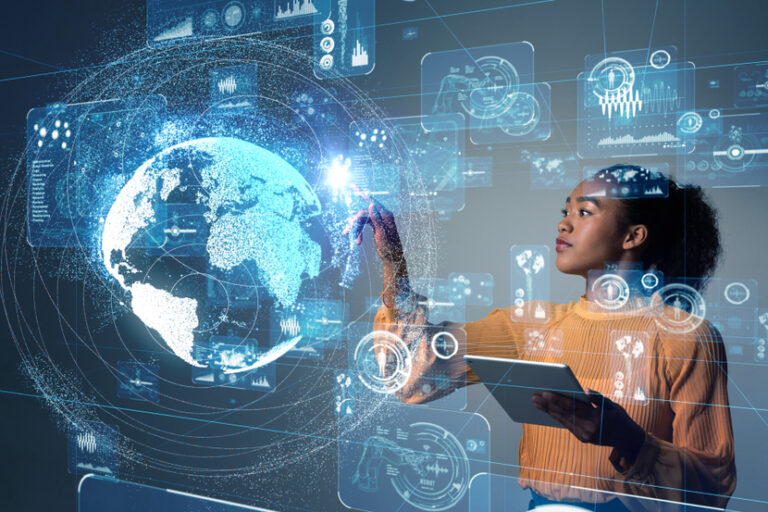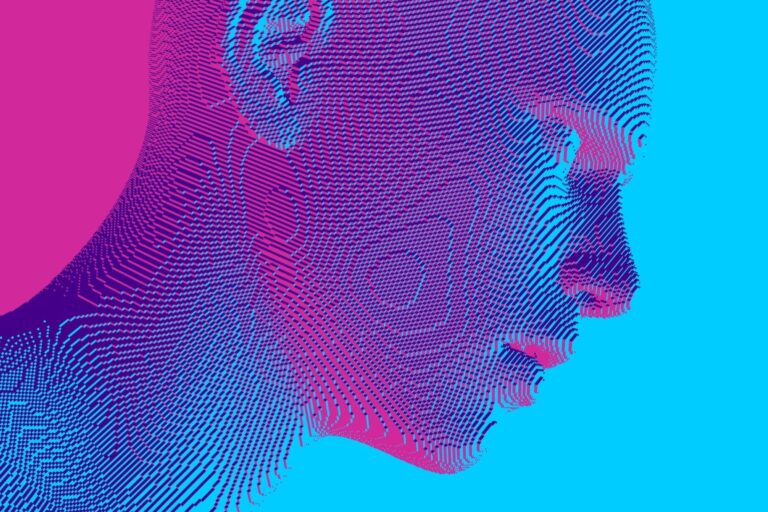
2020 has been a wake-up call for humanity. As healthcare teams fight to keep the virus at bay, for industries the vulnerability of the human workforce has come to the fore.
Yet technology can deliver powerful resources in the fight against COVID-19. For example, visual text analytics applications that use artificial intelligence (AI) and machine learning have been rapidly searching tens of thousands of research articles on the virus and delivering potentially lifesaving answers to these scientists.
This is just one example of an AI use case. For the past few years, AI has increasingly found its way into workplaces, home life and leisure. Self-learning machines are embedded in services or devices used by three-quarters of global consumers and algorithms choose the news we’re shown or the entertainment suggested to us. In many ways, humans are already giving in to AI.
But what do AI-users really think? Despite science fiction’s warnings of rivalry between humans and their robot creations, in reality there is huge value to be gained from these new technologies. I had the chance to speak with AI-users in a series of focus groups recently. Our objective was to discover the thoughts and feelings of those for whom this technology is not futuristic but a day-to-day reality.
From students to academics, C-suite businesspeople to data scientists, opinions were varied across the board, even within the groups themselves. Their hopes and fears for this technology are fascinating, and a true insight into how AI will shape our world in the years to come.
Humans won’t be in competition with robots for jobs
One topic was pervasive: job losses due to AI-driven automation. With recent headlines suggesting that multinational organisations are to “replace workers with robots”, widespread AI-induced unemployment was dismissed by those who actually work alongside the technology. While it’s positive that most participants believed AI would create more jobs than it replaced, there was little agreement on the duration, severity or consequences of job losses resulting from AI in the short term.
In particular, younger participants tended to be more pessimistic about their future prospects, anticipating a significant rise in AI-enabled inequality and a breakdown of social cohesion. Some feared the powerful technology being placed in the hands of a few could drive a much greater divide between those with power, wealth and influence and those without.
Yet, while there was some trepidation from this current and future workforce, the message from the boardroom was loud and clear: workers have little to fear from AI. The reason for this was simple – even in an AI-driven future, humans would remain a valuable commodity worth investing in. They would continue to deliver value that machines do not.
As several of the professors and data scientists informed us, we are still a long way from the ‘general intelligence’ so often portrayed in science fiction. Despite the hype, most AIs are designed to be very good at solving a specific problem and under very particular parameters. Introduce a variable and the system breaks down or a new model needs to be created.
Humans must review decisions made by AI
Time and time again, the respondents reminded us that human creativity, insight and contextual awareness were key to making AI work. Technical executives in the C-suite told us how they ensured any autonomous processes were closely monitored and supervised by human employees. AI solutions with hidden internal workings weren’t worth the risk, due to a lack of transparency and explainability.
These sorts of validation roles have started to emerge only recently. With time, however, more transparent processes where employees review, understand and resolve the decisions made by AI systems will be a massive source of employment. Like any piece of software, the quality of AI insight depends on the quality of the data you feed into it, and it takes a human to know and judge what is good for it.
Computers didn’t replace us, neither will AI
Think for a moment about how many Uber drives you knew 10 years ago. How about social media managers or app developers? The world of work is changing at an exponential rate, as technology leads the way towards capabilities the previous generation would never have considered possible. Each generation, new technologies replace manual work in a new way; AI is the latest technology to take on that role. As such, AI won’t replace us. It will introduce a new working world in which our job roles are changed for the better.
The future will be defined by humans working hand-in-hand with AI – not as enemies. The methodical approach intelligent machines take to tasks will increase efficiency without imitating or replacing humanity; we are far too creative, unpredictable and valuable for that. What it will do is encourage and empower humans to reach that elusive goal every business desires – our true potential.

Dr Iain Brown is Head of Data Science, SAS UK & Ireland.


